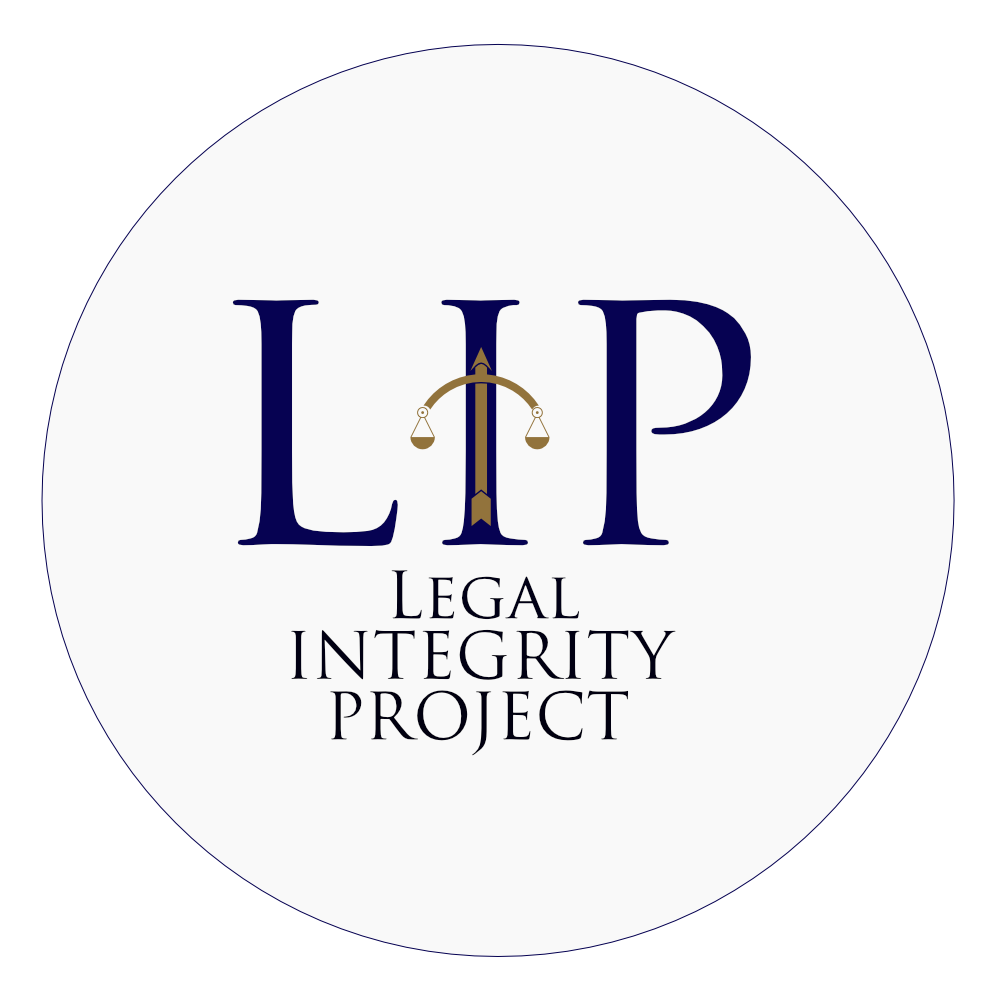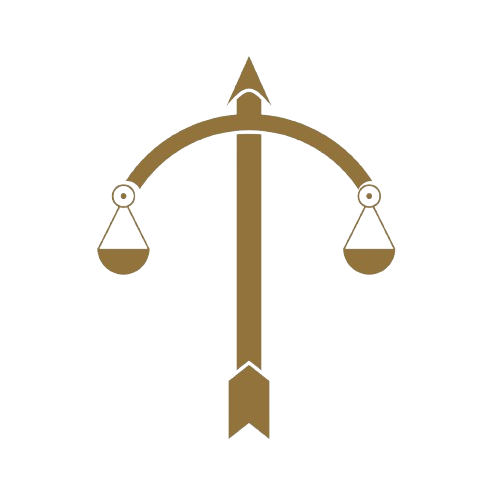Due Process in the Digital Domain: The Legal Risks of Editorial Power
As digital platforms become the public’s first point of reference on matters of law and conflict, their claim to neutrality takes on legal weight. When allegations are presented as findings, and consensus replaces evidence, these platforms begin to function as quasi-judicial actors, without the procedural safeguards that the rule of law demands.
In October 2025, a controversy erupted within Wikipedia and it’s neutrality. The article had opened with an unqualified assertion that Israel “is committing genocide against the Palestinian people in the Gaza Strip.” This phrasing, which was presented as a statement of fact rather than a contested claim, prompted criticism from Wikipedia’s co-founder, Jimmy Wales, who described the wording as “egregious” and contrary to the platform’s neutrality policy.
The episode, which resulted in temporary editing restrictions and renewed debate among volunteer editors, might appear at first to be an internal editorial dispute. Yet it raises a more profound question about procedural integrity in the digital age: when a knowledge platform becomes a primary source for public understanding, do its editorial processes acquire quasi-legal significance?
Neutrality as a Procedural Standard
Wikipedia’s founding principle of neutrality functions much like the doctrine of due process in law. It is not a guarantee of infallibility, but a procedural safeguard: a commitment to fair hearing, balanced representation, and transparent attribution. The standard requires that no single view be presented as authoritative where credible dispute exists.
In this case, that standard appears to have been compromised. The phrasing in question elevated one interpretation of international law, the allegation of genocide, to the status of fact, without qualifying attribution or citation to competent legal authorities. This is not merely a semantic error; it represents a failure of process. In legal terms, it is akin to a tribunal issuing a finding without evidence being heard.
When Digital Platforms Function as Quasi-Judicial Bodies
Platforms such as Wikipedia now perform a role that is, in effect, adjudicative. They weigh evidence, assess credibility, and determine how the public record is framed. Their procedures therefore mirror, in diluted form, the structures of legal reasoning: standards of proof, neutrality, and accountability.
But unlike courts or regulatory bodies, these platforms lack procedural codification, external oversight, or mechanisms of appeal. Their governance is dependent on self-regulation, volunteer consensus, and ad hoc intervention, such as Wales’s own public remarks on the matter. When such interventions occur, they blur the line between independent adjudication and personal influence.
This lack of formal process creates legal and ethical ambiguity. If a platform’s determination of “truth” influences public policy, shapes reputations, or informs legal argument, then its procedural integrity ceases to be a matter of private governance, it becomes a matter of public law.
The Legal Stakes of Narrative Control
In disputes of this kind, the question is not whether a particular claim, such as genocide, can be substantiated. It is whether a digital platform has the procedural competence to assert it as fact.
Under the principles of international law, determinations of genocide rest with judicial bodies such as the International Court of Justice (ICJ) or competent tribunals, not with public editors or digital volunteers.
When a platform substitutes editorial consensus for juridical determination, it risks collapsing the distinction between reporting and ruling. This is the essence of the procedural integrity problem: decisions with legal consequence being made without legal authority.
The issue is compounded by power asymmetry. Wikipedia’s openness, often cited as a democratic virtue, also makes it vulnerable to coordination, activism, and misinformation. In conflicts where legal definitions carry enormous political weight, editorial dominance can amount to narrative capture.
Transparency and Accountability in Digital Adjudication
Jimmy Wales’s intervention, while intended to restore neutrality, illustrates a separate procedural dilemma: the concentration of informal authority. A single statement from the platform’s founder carries disproportionate influence, even when issued in a personal capacity. This highlights the absence of procedural independence and raises questions about how neutrality can be defended without replicating hierarchy.
For platforms that serve as public knowledge repositories, the lesson is clear: editorial freedom must be balanced with procedural clarity. Just as courts publish judgments and legislative committees record minutes, knowledge institutions must be transparent in how decisions are made, who edits, who reviews, and under what criteria content is locked or revised.
Towards Procedural Integrity in Knowledge Governance
The Legal Integrity Project has argued that the rule of law depends as much on how information is processed as on what conclusions are reached. The Wikipedia dispute exemplifies this principle. The integrity of public knowledge does not hinge on whether one accepts or rejects a claim of genocide, it hinges on whether the process by which that claim is presented adheres to fair and transparent standards.
To preserve that integrity, three reforms are essential:
Codified Editorial Procedures for Contested Legal Topics: Entries concerning legal classifications—such as genocide, war crimes, or crimes against humanity—should require attribution to competent legal authorities and clearly distinguish between allegation and adjudication.
Independent Oversight of Neutrality Disputes: A standing review body of independent experts could audit contested pages to ensure compliance with Wikipedia’s neutrality standards, functioning as an analogue to judicial review
Public Transparency Logs: For major disputes, the full history of edits, interventions, and locking decisions should be made easily accessible to the public, reinforcing the principle of procedural accountability.
The controversy surrounding Wikipedia’s “Gaza genocide” page is not merely a dispute about language. It is a test of whether the digital sphere can uphold the same procedural principles that underpin justice in the legal sphere: neutrality, transparency, and due process.
As digital platforms increasingly shape the factual foundations on which legal and political decisions rest, the boundary between knowledge governance and legal governance will continue to blur. In that convergence lies both opportunity and risk. Without procedural integrity, neutrality becomes narrative, and narrative, in time, becomes law.

